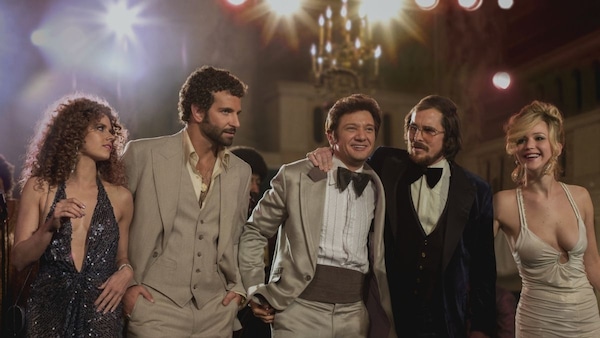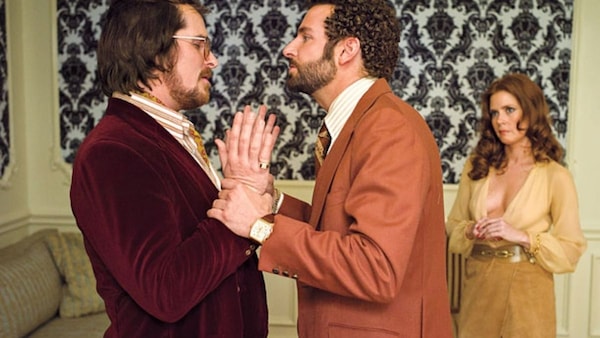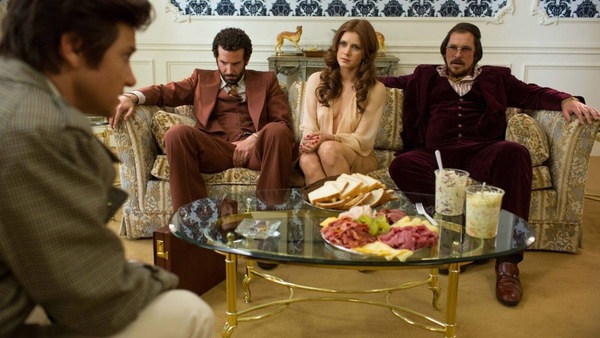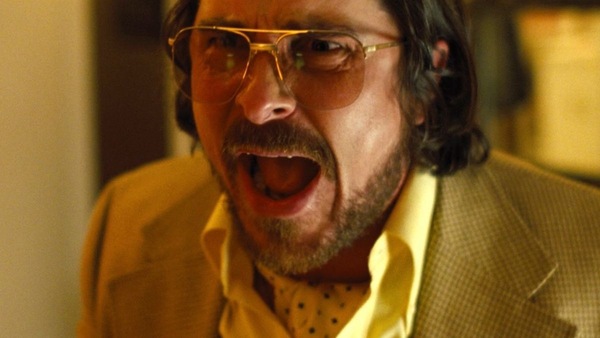Revisiting American Hustle: Notes of David O Russell’s loopy and outlandish period caper comedy
Starring Amy Adams, Christian Bale, Jennifer Lawrence and Bradley Cooper, American Hustle completes 8 years of release today.

Last Updated: 08.09 PM, Dec 13, 2021
On its surface, David O Russell’s period caper comedy American Hustle, which debuted in theatres in 2013, is a tongue-in-cheek black comedy about con artists and the FBI. Dig a little deeper, one would realise that the film attempts to explore the materialism of the 70s, the false promise of the ‘American Dream.’ The film was nominated for as many as 10 Academy Awards, including the Best Picture nod, and was generously praised by critics on its release.
Loosely inspired by the Abscam scandal of the late 70s, in which politicians from the US senate were taken down by an FBI sting operation, American Hustle narrates the tale of swindler Irving Rosenfeld (Christian Bale) and his partner Sydney Prosser (Amy Adams), who are forced to collude with the erratic FBI agent Richie DiMaso (Bradley Cooper) and ensnare the bigger fish in the pond — which also includes the mayor of New Jersey (Jeremy Renner).
In return, DiMaso offers the duo a jail-free card. But as expected, nothing goes according to plan in this screwball comedy, with Irving’s unpredictable wife Rosalyn (Jennifer Lawrence) proving to be a constant threat to the operation.

Stylistically, American Hustle borrowed heavily from the classic New York street movies of the 1970s, Saturday Night Fever, and other movies that recreate the era, like the 1997 film Boogie Nights. The film hurtles forward at breakneck speed from the get-go, not really letting the audience feel too comfortable or settled.
What defines American Hustle is its steadfast dedication for madcap fun, even when the characters are undergoing mental breakdowns or negotiating with bloodthirsty gangsters. The characters are always dressed to the nines, their hair perfectly coiffed. But while chronicling the grimy New York crime scene of the era, American Hustle also parodies it.
From the snazzy editing, the slow-motion shots, a cameo by Robert De Niro as a mob boss and Amy Adams’ phoney British accent as Sydney, the film is unabashedly outlandish. In this deliciously heightened world, the characters are all a mix of different degrees of kitschy.

But it is also a film that has, ever since its release, divided critics and cinephiles. The frenzied tone of the film, and its scheming, lying and double-crossing characters, are terrific in isolation. In one self-reflective/self-parodying scene, Irving declares that Sydney “Like me, she envisioned a better, more elegant version of herself.” Like in Silver Linings Playbook, Russell’s earlier directorial, the sanity of the characters hang by a thread, on the verge of imploding any second. They are all desperate to transcend their immediate realities and burdens in whichever way possible, even if it means repeating the lies enough times till it starts to sound like the truth. And it is these flawed characters, that end up caricaturing themselves from time to time, that is the strength of the movie.
The movie opens with the disclaimer, “some of this actually happened”, offering the director the free reign to not recapitulate the events of the Abscam. Instead, what Russell does is let the frenetic energies of the dysfunctional characters ricochet off off each other.

Russell hints at a strange alchemy of ideas, like how most are willing to invest in false hope rather than no hope for betterment at all. But as a whole, the film is unable to make a point about the world the characters inhabit, where lying is the only way to survive and thrive.
Nevertheless, there is a strange joy to be derived from watching this suspenseful, borderline stressful movie that sucks its audience into a vortex of confusion and corruption. Sure, the messy execution makes the film rather indulgent. It is loopy, kaleidoscopic and confounding, and even eight years later, highly entertaining.
Watch American Hustle here

